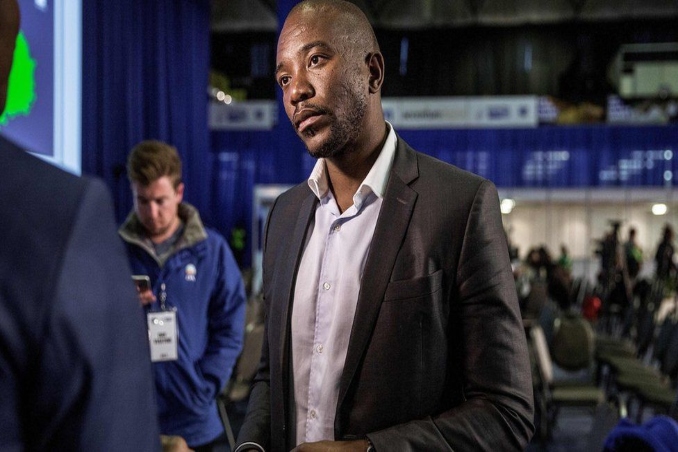Last updated on November 7th, 2021 at 09:57 am
KwaZulu-Natal– Figures from the Electoral Commission’s polls set the African National Congress’ (ANC) greatest adversary, the Democratic Alliance, on 22pc of the vote and the Marxist Economic Freedom Fighters on 10pc.
Significant cities, for example, Johannesburg and Pretoria, have had an alliance with state-run administrations since the last local elections five years prior.
Broadly, the ANC lost the lion’s share in much more districts, remembering for eThekwini metro in former president Jacob Zuma’s stronghold region of KwaZulu-Natal region. Just two out of three potential voters enrolled of those, not precisely half cast their votes.
At the 2016 municipal elections, the ANC got 54pc, its most minimal vote percentage since the end of the apartheid.
South Africa entered the new political arena with the African National Congress nearly losing its predominance and enduring its most noticeably terrible electoral setback.
It is the primary time that the great leader Nelson Mandela’s party has received not precisely 50% of the polling in any election in the mainland’s most industrialized region. However, party authorities have put on a positive front.
Related Posts
“The most noticeably terrible could have occurred,” ANC election head Fikile Mbalula told correspondents. “We contended energetically to reach this point”.
He was firm, “we are not politically decimated, we are not demolished; however, that could have befallen”.
The instant effect of Monday’s polls was local, as parties set concerning horse-trading to construct alliances in cities and towns.
Looking ahead to the 2024 general elections, the local polls result portend poorly for the ANC.
The local elections likewise set up the country’s advancement into a more extravagant multi-party democracy, moving past the fantasy of a “rainbow country” and into the truth of corresponding myriad opposing interests.
Following 27 years in power, the ANC has no one to blame for South Africa’s troubles. Unemployment, which has hit a record high of 34.4 per cent in recent years.
Corruption and mismanagement have left the nation incapable of ensuring a consistent supply of electricity, water and civic amenities.
An independent political analyst Sandile Swana stated that we’ve been attempting to execute the democracy in South Africa for quite a while. However, we have not prevailed up to now to host a competing multi-party democracy.”

